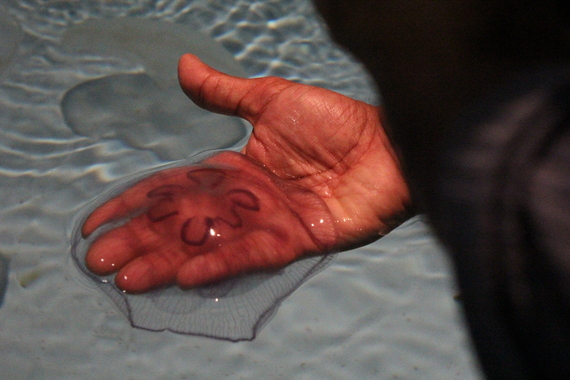Strength in numbers is an old adage. Often, we hear of lifelong, yet mostly isolated dedication to a craft, cause, or mission. Take the recent example of the 2014 Nobel Peace Prize awarded jointly to Malala Yousafzai and Kailash Satyarthi. Their difference in ages (17 and 61, respectively) is proof that their journeys of advocacy and activism for their causes have led to this pinnacle of achievement (politics aside) via starkly different paths. Not only are their paths different in texture, but evidently, so are the lengths.
Nowadays, there are hundreds of well-meaning individuals all across this country and beyond who are advocating tirelessly towards improvements in various aspects of local and regional food systems. The work being done is passionate, dedicated, and often, impacting. However, to achieve sustained waves of positive change, it is often better if the efforts of like-caused individuals and organizations can be channeled appropriately for an amplified effect.
Chefs, farmers, artisans, and food writers have been preaching the good word on a variety of disparate topics. Many are leading by example. Every other day, there seems to a passionate and erudite op-ed piece in a respected publication. How do we take full advantage of these calls to action and seemingly isolated efforts? What will it take for a greater unification of these initiatives? In academia, it is not uncommon for seamless and even virtual collaborations to solve unsolved problems. As an academic, I am encouraged by the increase in food conferences and symposia centered on bringing together the best voices and thinkers. The free and live streaming of such gatherings have the potential for shortening distances and a focusing of the best ideas.
While it is important to be grounded in one's constituency (as local as it might be), often, a solution to a similar problem thousands of miles away may be just what the doctor ordered. We have to be open to the infusion of external ideas. We have to leave distracting agendas outside the doorstep of the solution space. Attempts to rectify social problems are often inspired by the complex and poignant personal journeys of the affected and invested individuals.
There isn't a lack of good ideas, invested individuals, or organizational power. One of the problems is the irony of disconnected energies in a seemingly connected world. The other is a paucity of trust. And then, there is the obvious lack of political will and turf wars in the halls of government. We need to be able to accept compromise with the hope for better solutions down the road. Radical expectations only seem to marginalize the efforts of well-meaning individuals who might actually be on to something worthwhile. Some might argue that diplomacy assumes that everyone at the table has at least some ideologies in common when, in fact, that is not always reality. Even if this is true, I believe that instead of recognizing our differences, if we celebrated our similarities, we will find more opportunities for collective solutions rather than feel constrained to advocating in our own worlds.
We have an opportunity to seize each day and harness the intellectual and physical power of the collective. Not by acting as robots devoid of individualism, but rather by being mindful of what will be possible when we strive together.
